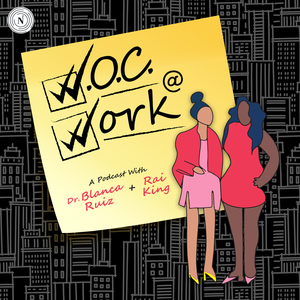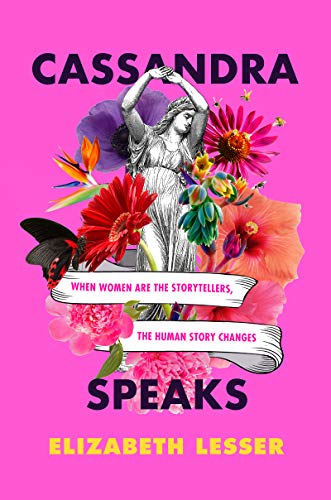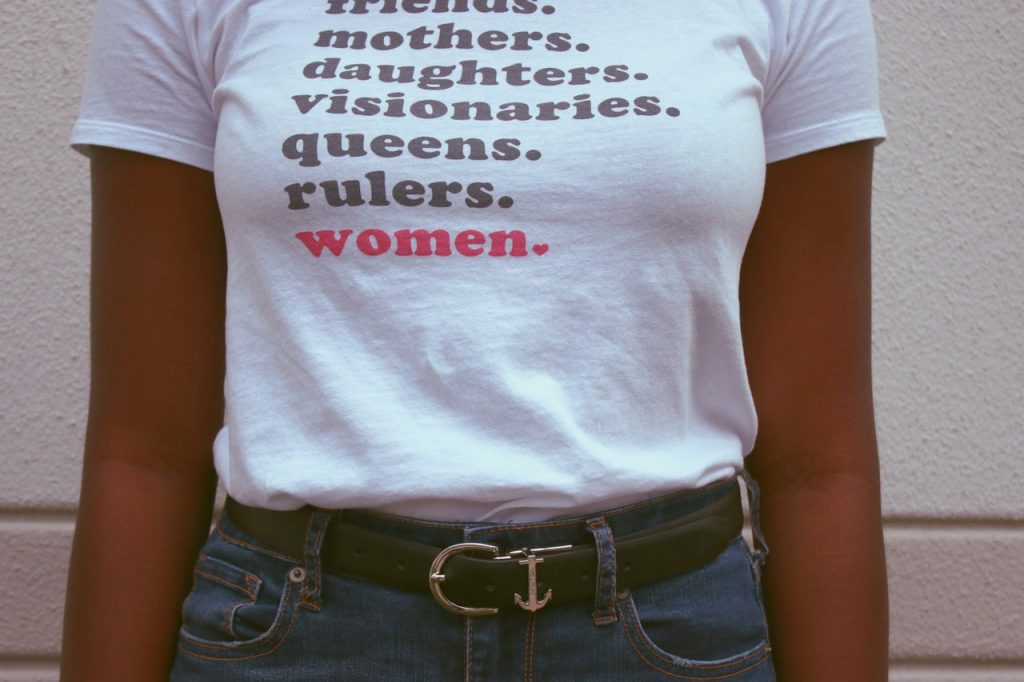Female leaders have been in the news in recent months. Recently, Forbes featured an article on the women leading those nations (e.g., New Zealand, Taiwan, Norway, Finland) who have done relatively better fighting the COVID-19 situation during the early months of the pandemic. They cited a systematic study done by U.K. academics Kambhampati and Garikipati (2020). The suggestion was an empathetic approach to the tradeoffs between the economy and loss of life was more a feature of female leaders as compared to their male counterparts. One of the authors of the study told Forbes, “From Bangladesh to Norway to Iceland, a study reveals that some characteristics that are typical to women in leadership positions were instrumental in the success of these countries: “it required big thinking, empathy, and good communication skills.”
Among the many reactions to the widely circulated news of the successes of women-led countries, we noted the response of Chamorro-Premuzic and Wittenberg-Cox in their article in the June issue of the Harvard Business Review. They argue that instead of focusing on male vs. female leadership styles, it would be more productive to redefine the general concept of a strong leader to include those “take care” aspects of female leadership. “In short, tales of strong female leaders succeeding through this crisis could lead to a change in the overarching narrative of what a strong leader looks like.” As a result, they suggest, “Society at large may become less surprised and more accepting of leaders (s)elected on their expertise, intelligence, curiosity, humility, empathy, and integrity.”
A recent example of strong leadership we have witnessed personally is a letter that Cornell University President Martha Pollack recently sent to the Cornell faculty and staff, as undergraduate and graduate teaching commences amidst great uncertainty and risk due to COVID-19. President Pollack opened by saying, “As we begin an academic year like no other, I want to thank everyone at Cornell who has worked so hard to make this reopening possible. “ She notes the “grace, creativity, and patience” of Cornell employees and acknowledges that people had “mapped new paths around every obstacle,” thanking everyone for their efforts.
President Pollack goes on to discuss the “new normal” and how it is “very far from normal,” pointing out that individuals and families are coping with a variety of challenges. She promises to work closely the leadership team “to explore possible ways of lessening the stress and the burden on our many employees with caregiving responsibilities.”
The next part is what stood out to us. President Pollack challenged everyone in leadership to “lead with empathy, and find every way you can to be flexible, to be understanding and to be generous.” To employees, she encouraged asking for “help when you need it.” For everyone, she said that there is a need “to change the ways we define success” and that it is essential to “be kind to others…and yourself.”
We
think that President Pollack has demonstrated what Chamorro-Premuzic and Wittenberg-Cox calls the “expertise, intelligence, curiosity, humility,
empathy, and integrity” that should be the basis of selecting great
leaders. And we agree that if all
leaders were chosen with these characteristics in mind, the world would be
better off.
Finally, we are heartened by the nature of the entrepreneurial leadership we have witnessed among participants of the Institute. Your letters and responses to us have shown a deep level of concern for your own employees and your community. You are actively supporting other small business owners. Whether or not this empathy and integrity is a result of your socialization as a female or some other force, it is a demonstration of great leadership and we think it is worthy of emulation by others.










